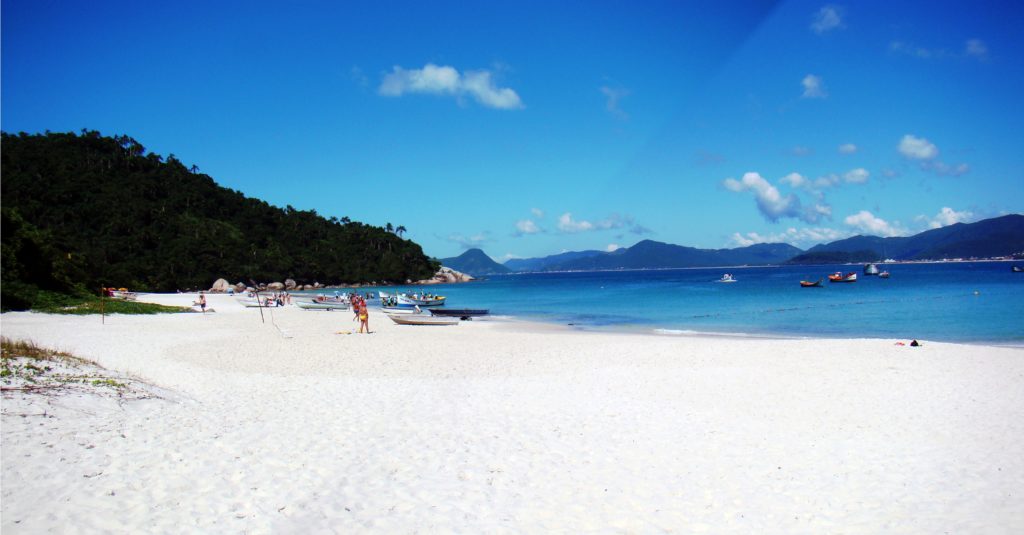RIO DE JANEIRO, BRAZIL – There seems to be a rift in the administration of the Brazilian government under Jair Bolsonaro.
On one side of the Brazilian conflict are the Ministries of Tourism and Transportation, which are pushing to open the Brazilian land border to allow the entry of buses and private cars with tourists from neighboring countries who want to reach a coast with sand and sea.
On the other side of the divide is the Brazilian government’s Ministry of Health, which opposes the opening, arguing that safe corridors have not yet been established for foreign tourists who would enter if the land borders were opened.
In the midst of this tug-of-war within the Brazilian government, thousands of tourists are waiting to hear whether they will be able to travel by car or bus to a beach during the next summer vacation.

In this universe, there are many who are waiting for this definition to know if they can make the traditional road trip to the southern Brazilian states, traditionally one of the most popular summer destinations for Argentines.
However, the truth is that until today there is no official information about which side of the Brazilian government will prevail.
One side claims that the opening of land borders is imminent and will almost certainly occur on December 1. The most enthusiastic voices even say that the new regulation could be published in the last days of November.
The other part of the government, however, remains mum, warning that neither the protocols to be used in the event of such an opening nor the network of safe sanitary roads through which foreigners could enter the country have yet been thought through. Nor have the requirements for foreigners entering by land been defined.
PROHIBITED ROADS
It should be recalled that at present it is not possible to travel by car or bus from Posadas in Argentina to, for example, Capão da Canoa, Camboriú, Bombinhas or Florianópolis, which are among the most popular beaches chosen by Argentines every summer.
The reason for the obstruction is contained in Brazilian Federal Government Decree No. 658, which went into effect on October 5, a few days after the opening of the Tancredo Neves Bridge, which connects Puerto Iguazú with Foz do Iguaçu. This official decree “prohibits the entry of foreigners, of any nationality, by land or other land routes.”
“The Brazilian government is looking into the matter, but at the moment there is no exact date to announce the lifting of this restriction at the land border,” official sources from Jair Bolsonaro’s government repeatedly told El Territorio.
BRAZIL ENABLES THE LAND CROSSING FOR PEOPLE FROM CORRIENTES
On Thursday, however, there was some movement in the situation. Brazil released the border crossing for people residing in the city of Paso de los Libres. In this way, any person who can prove that he/she lives in Paso de los Libres can cross to Uruguayana with some official document. For the time being, no vaccination card or negative covid-19 test will be required.
According to the director of Revenue of the city of Uruguayana, Claudio Montano, to access the Brazilian city, the people from Libres will only have to present a document proving their residence in the neighboring city.
As from 8 o’clock in the morning, the transit was released from the Brazilian side, but to enter the city of Paso de los Libres they will be required to have proof of vaccines and the Covid-19 antigen test.
On October 27, the national government authorized the opening of the land crossing Paso de los Libres, in Corrientes, bordering the Brazilian city of Uruguayana, as an “international safe corridor” for entering the country, within the framework of the release of activities due to the decrease in the number of contagions by the coronavirus.

